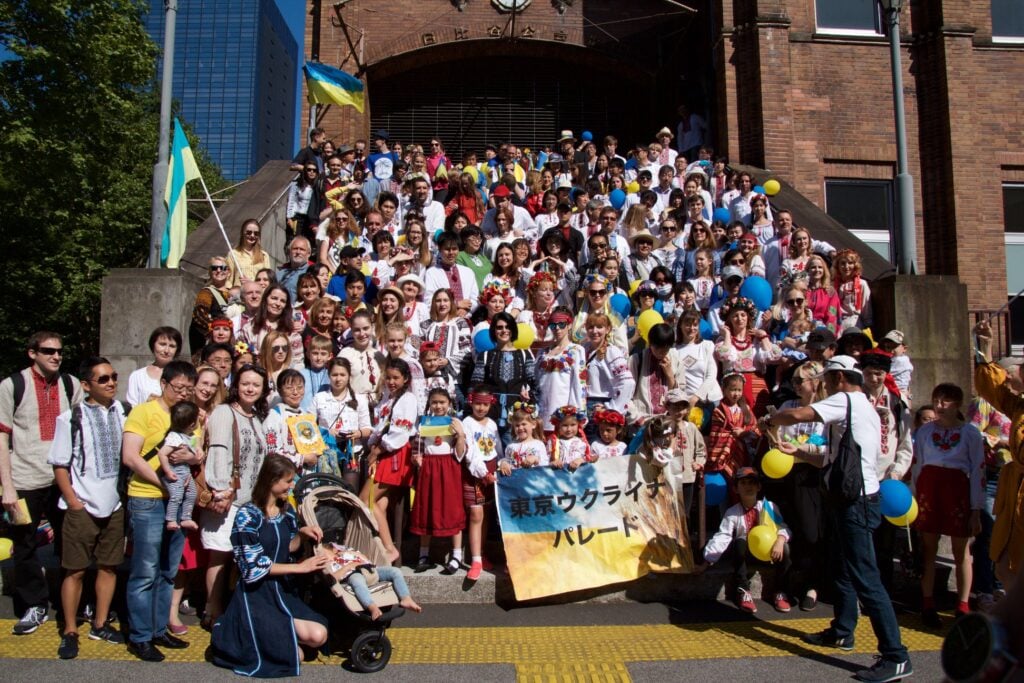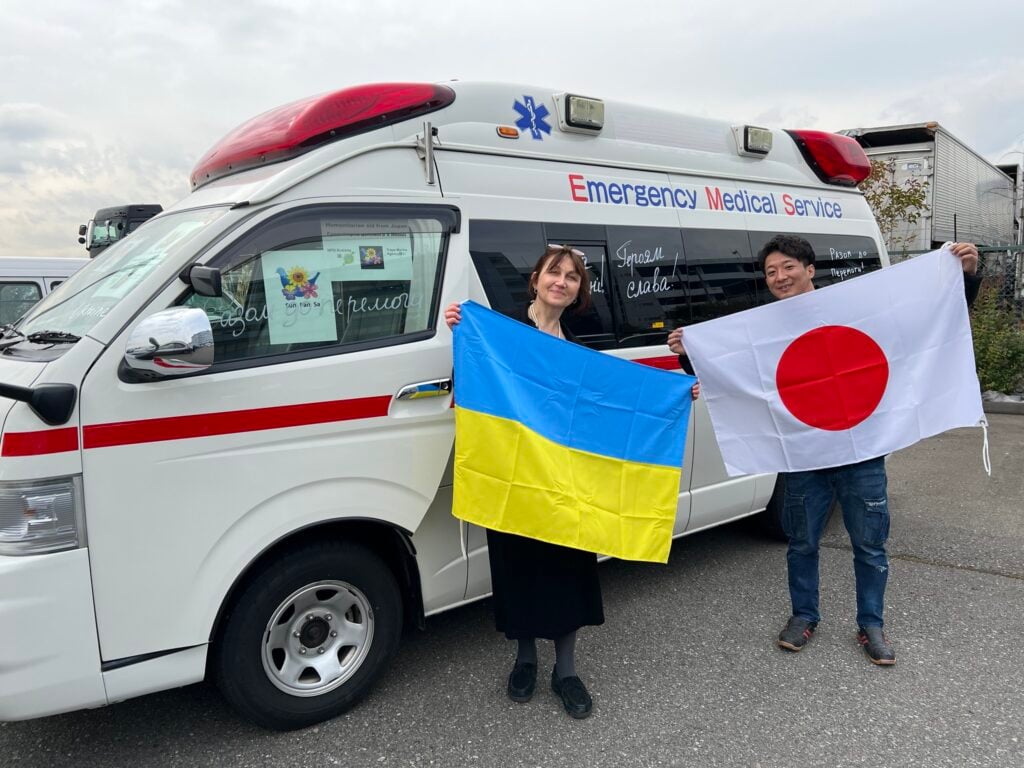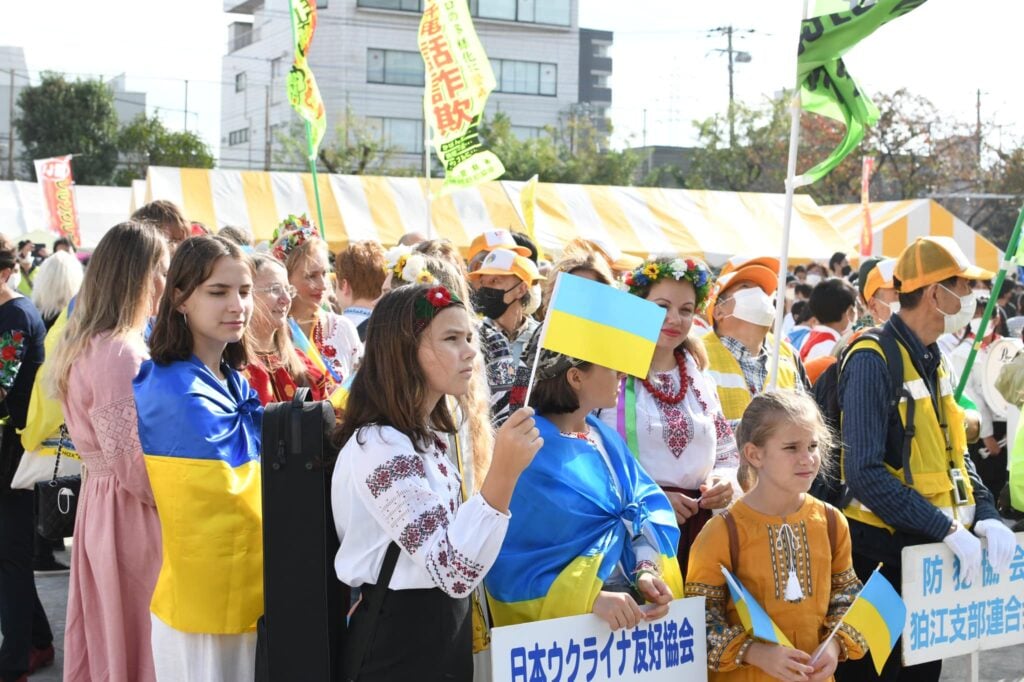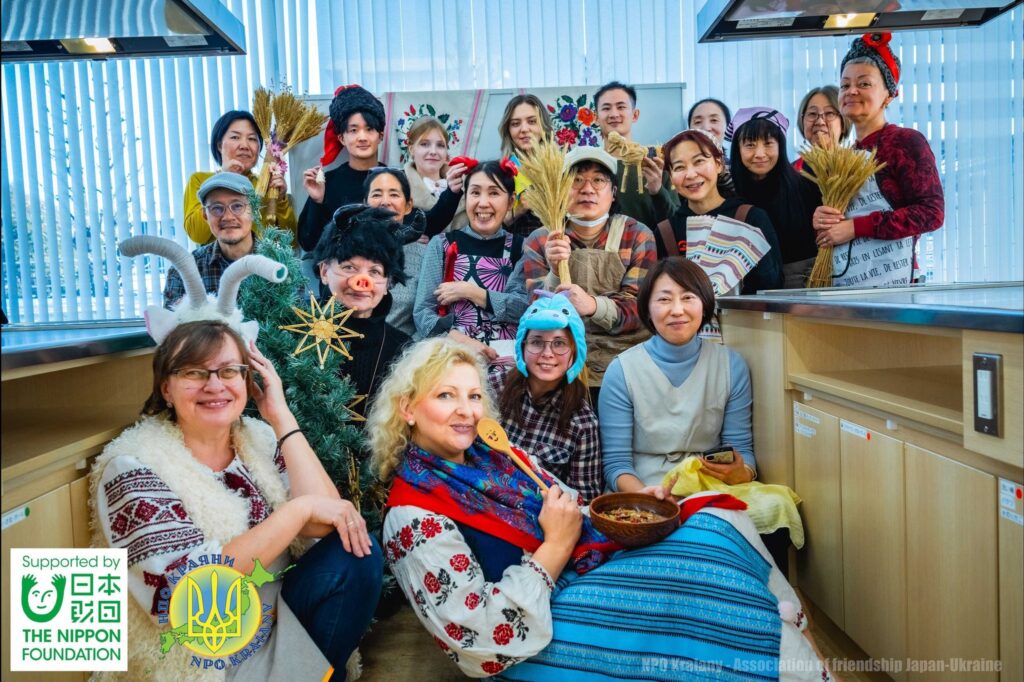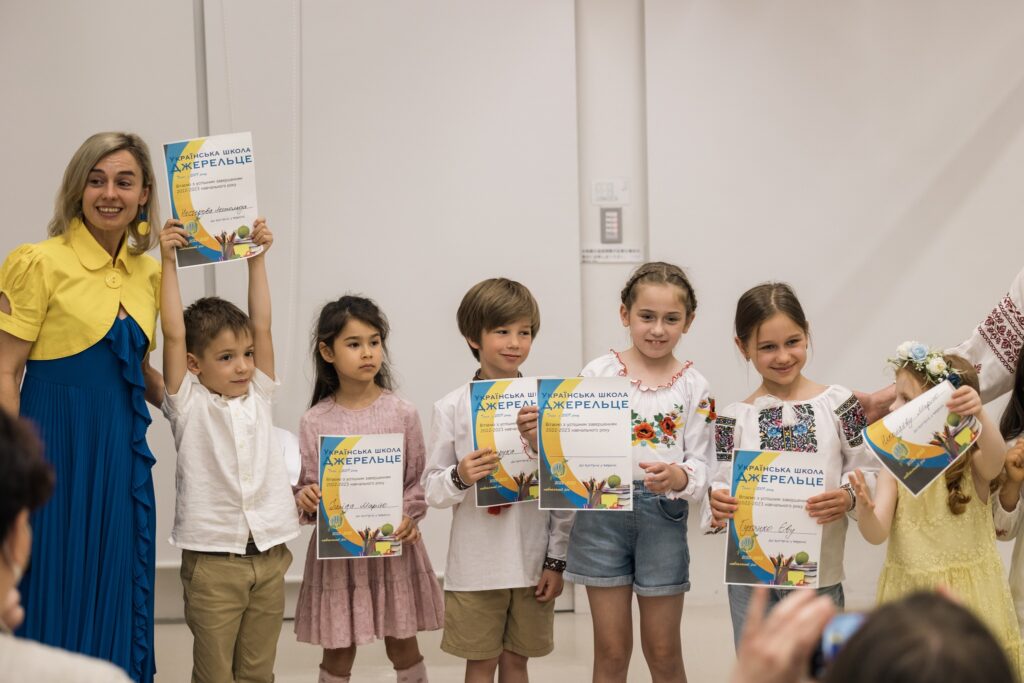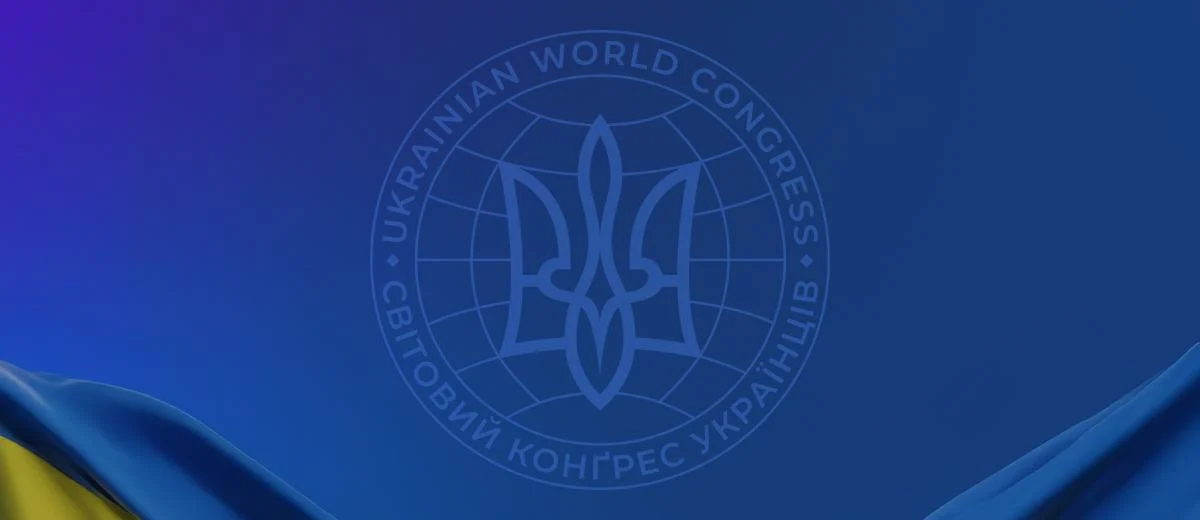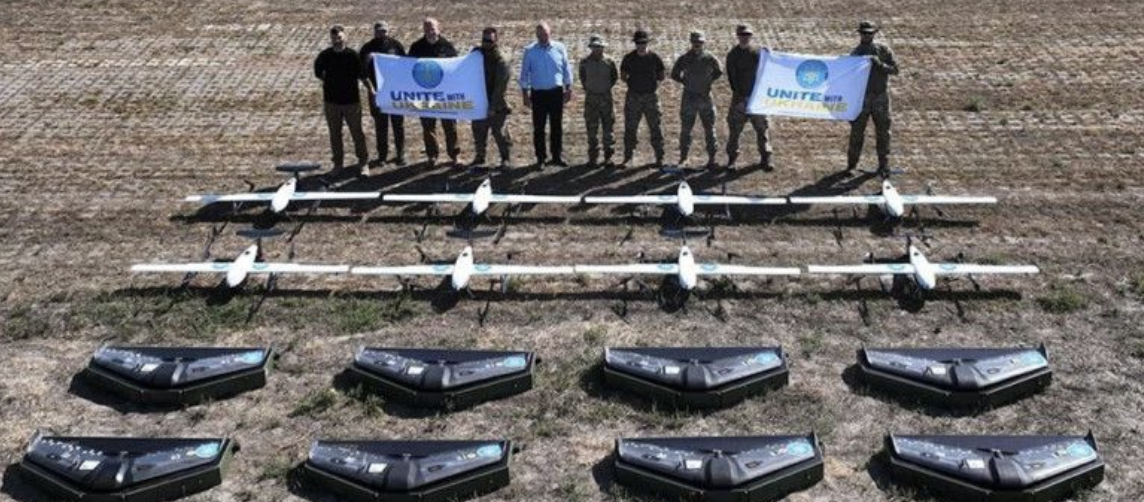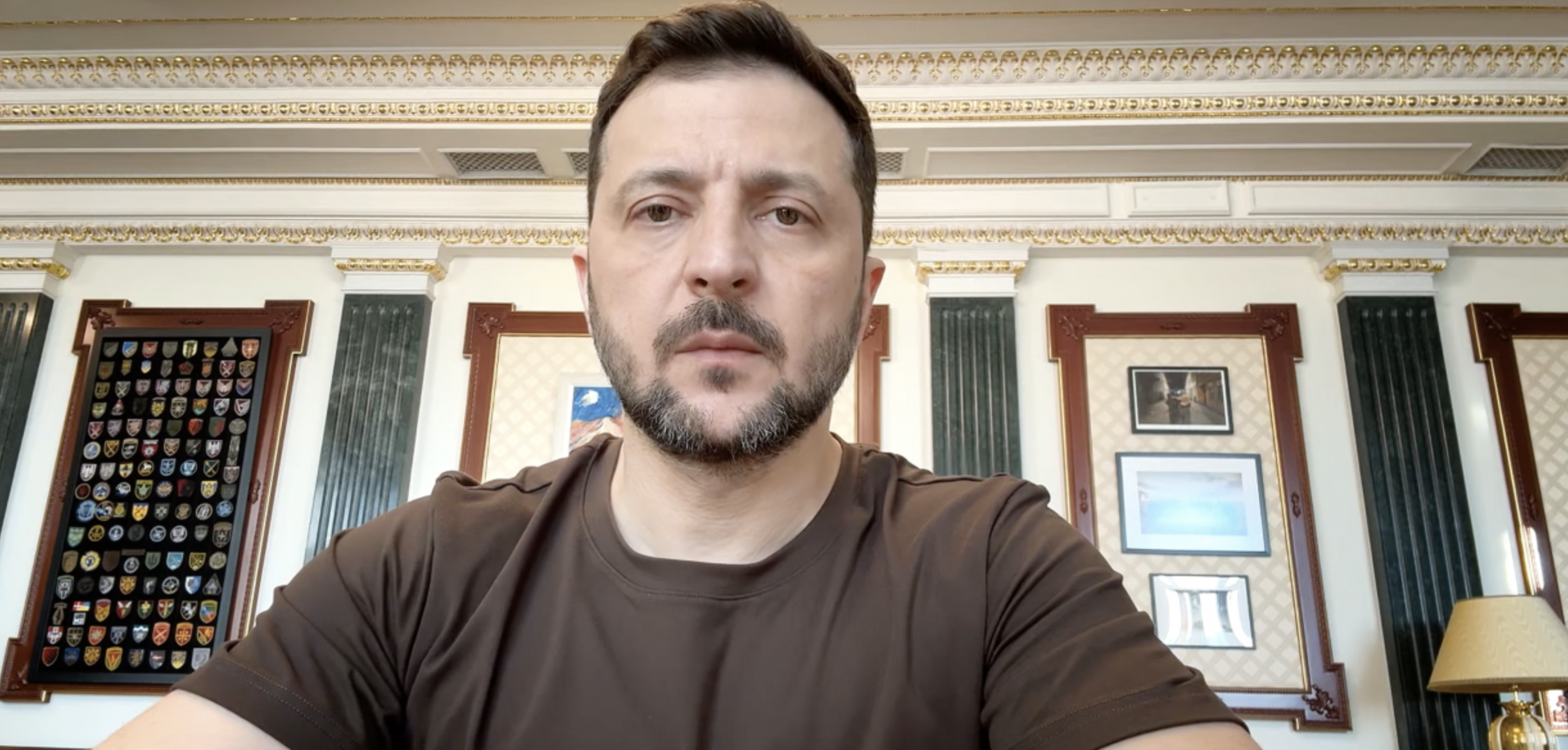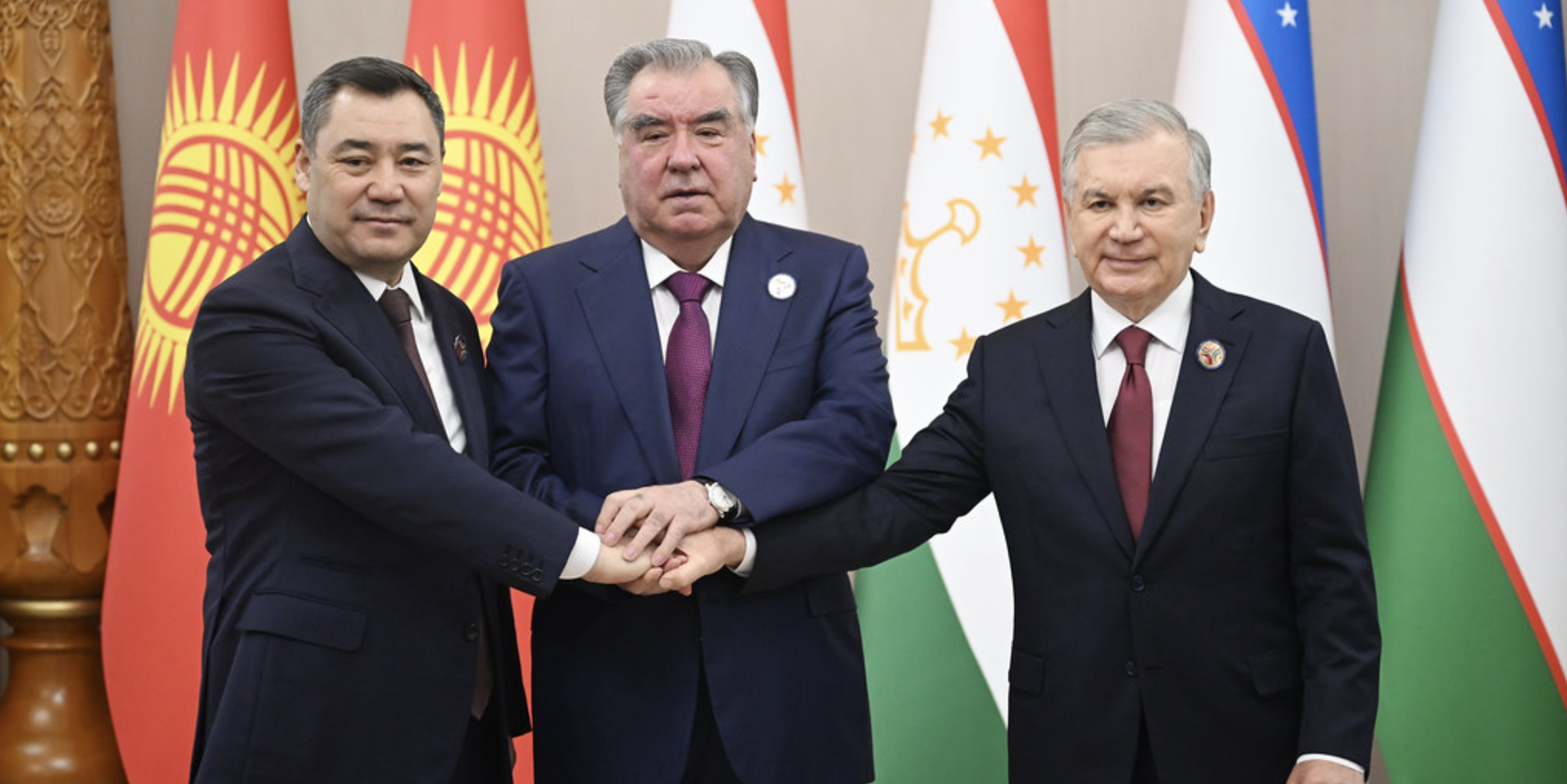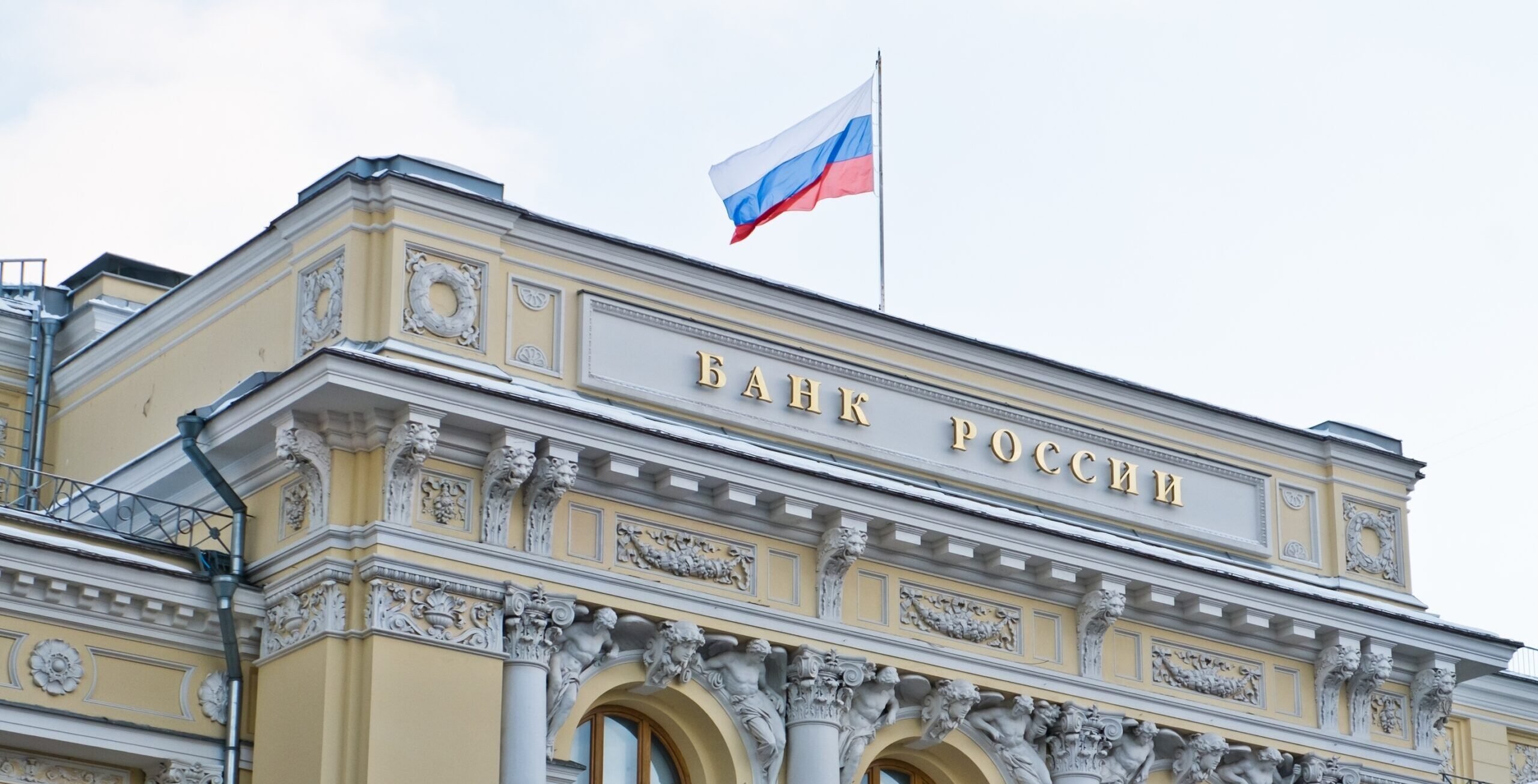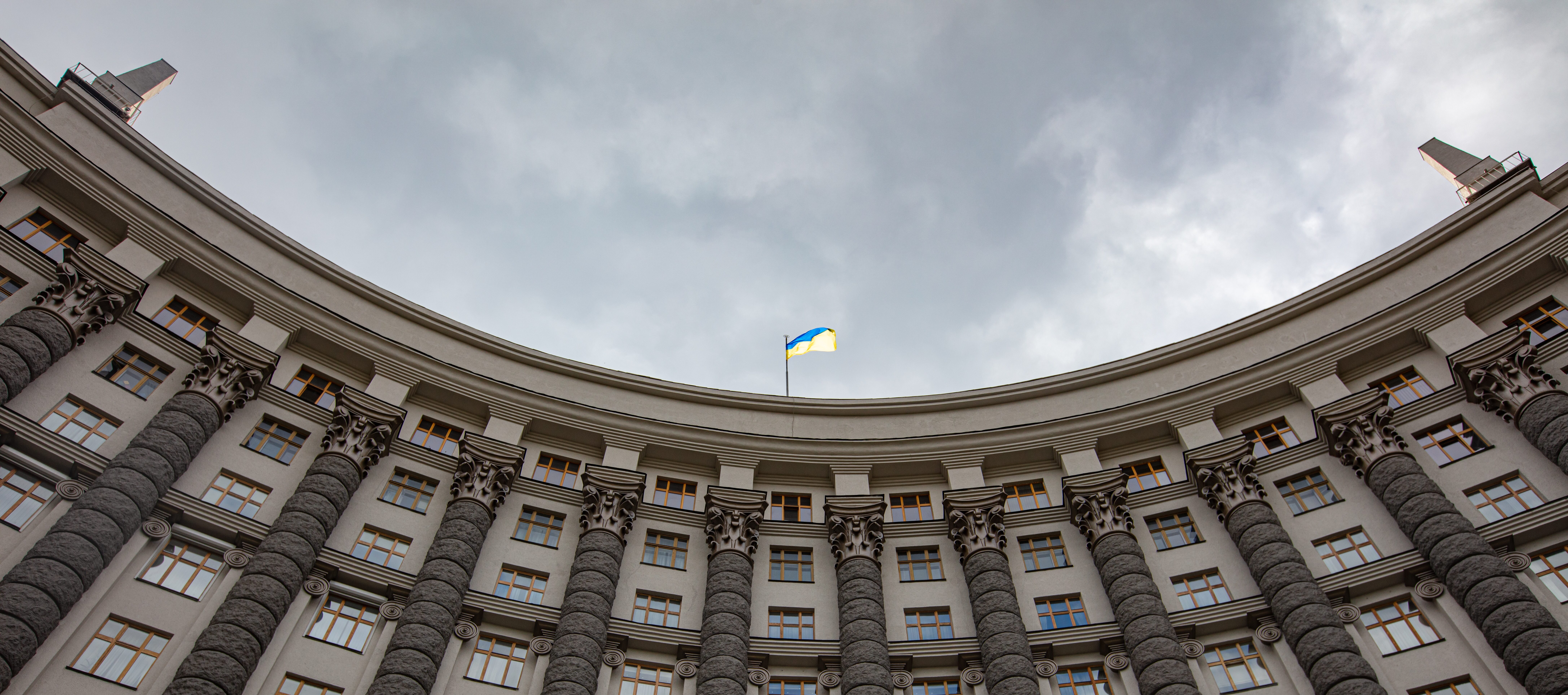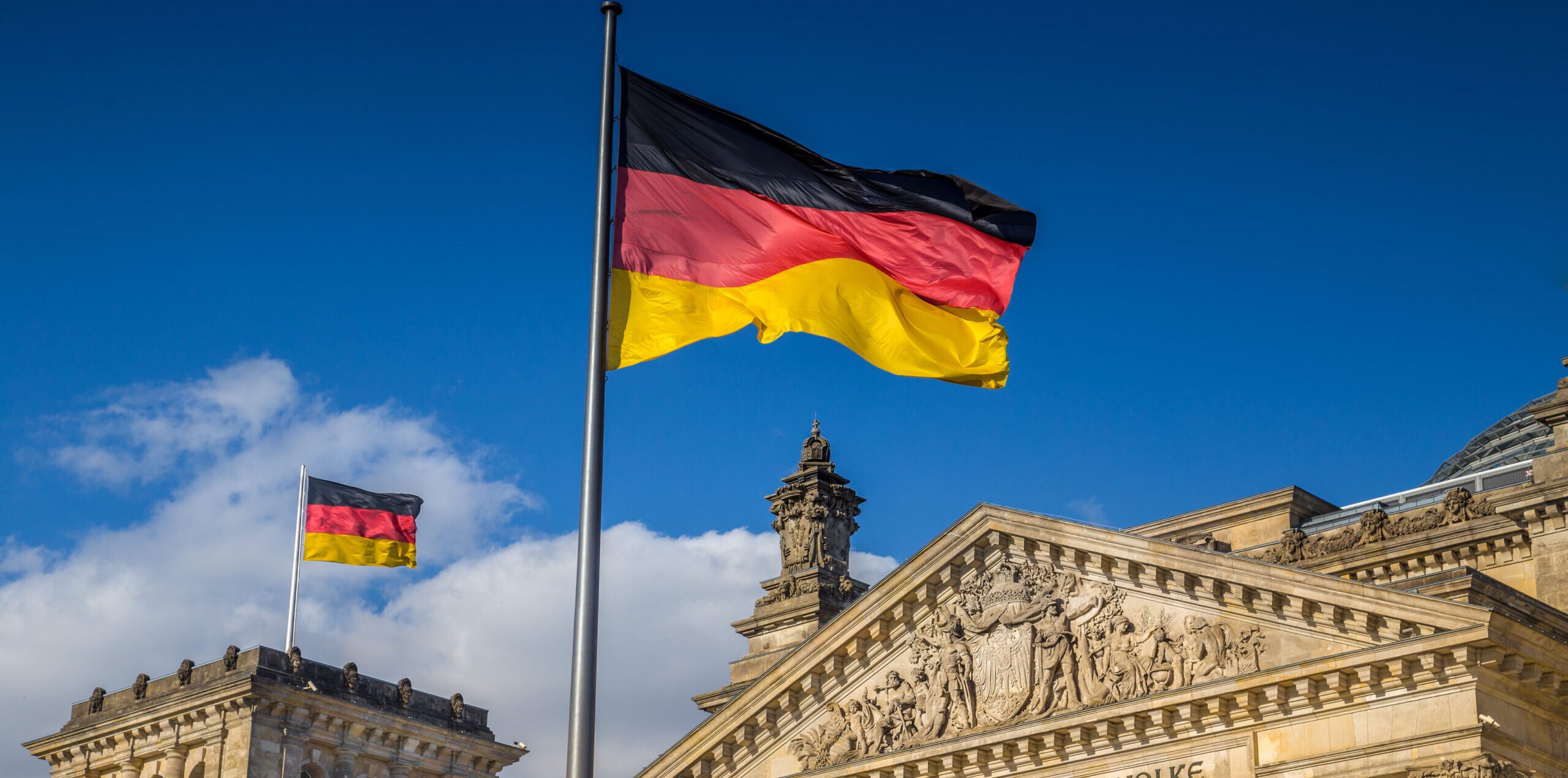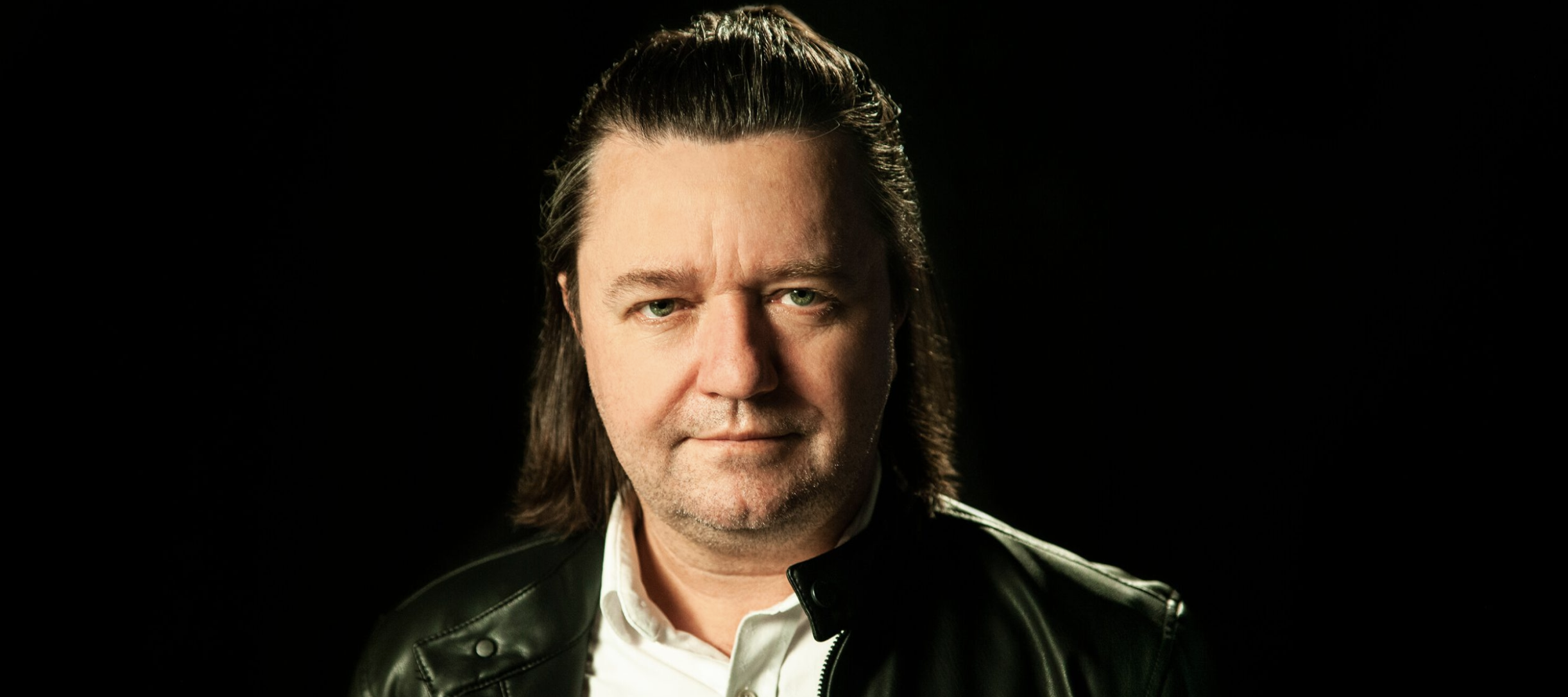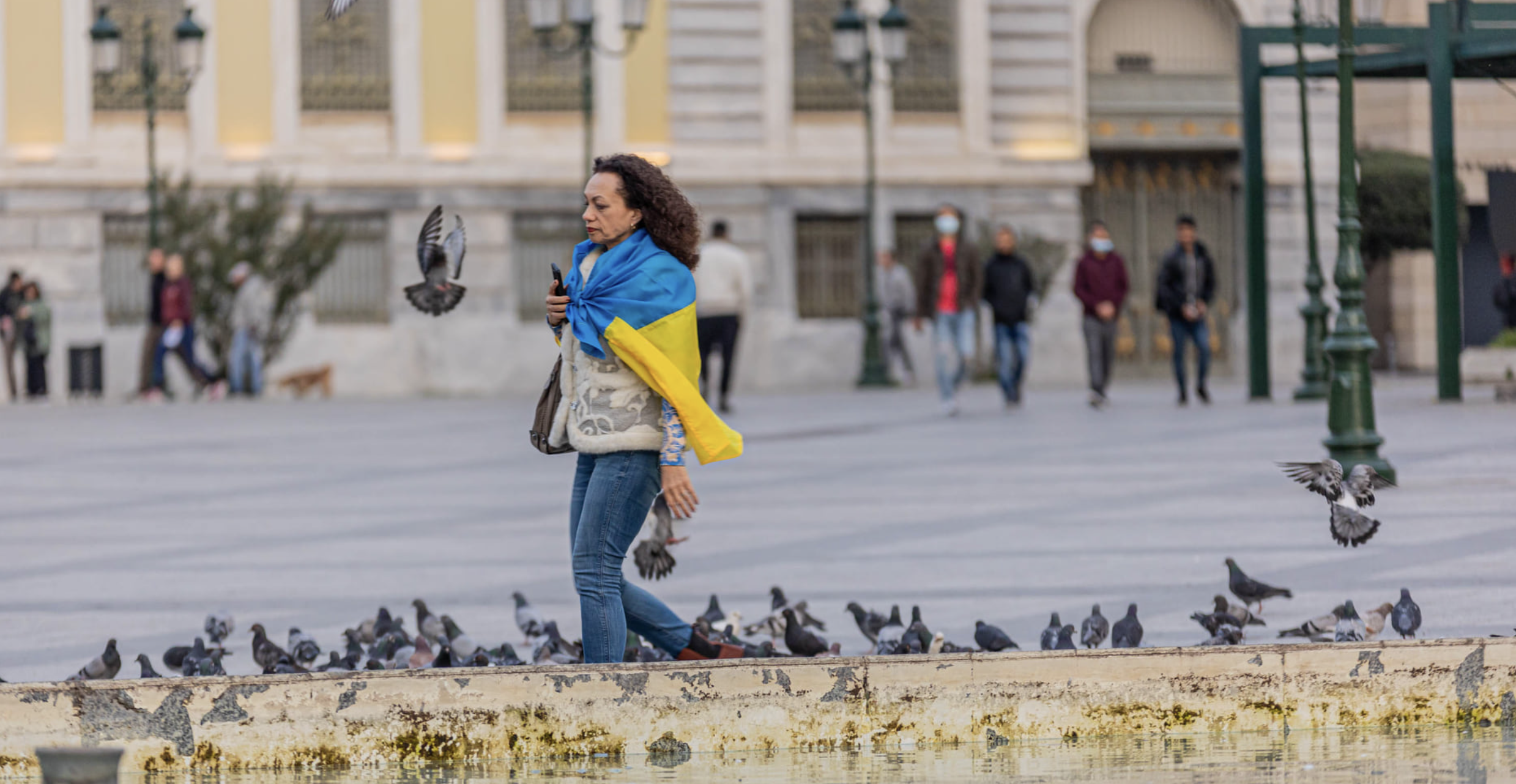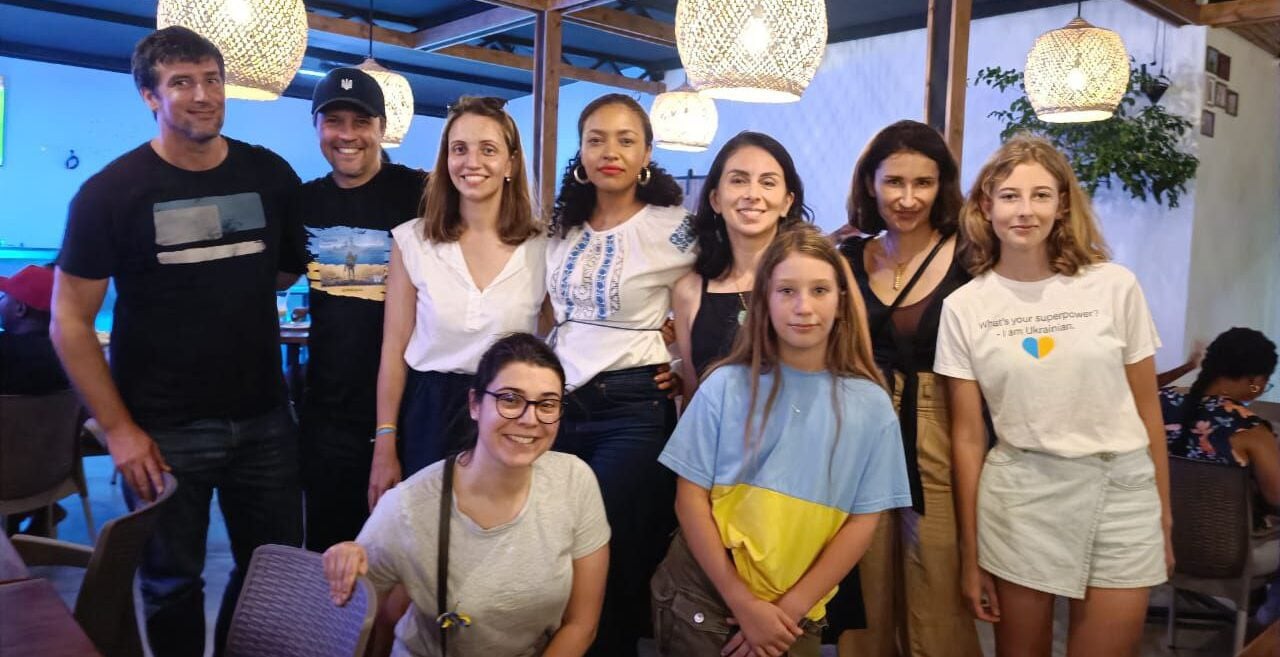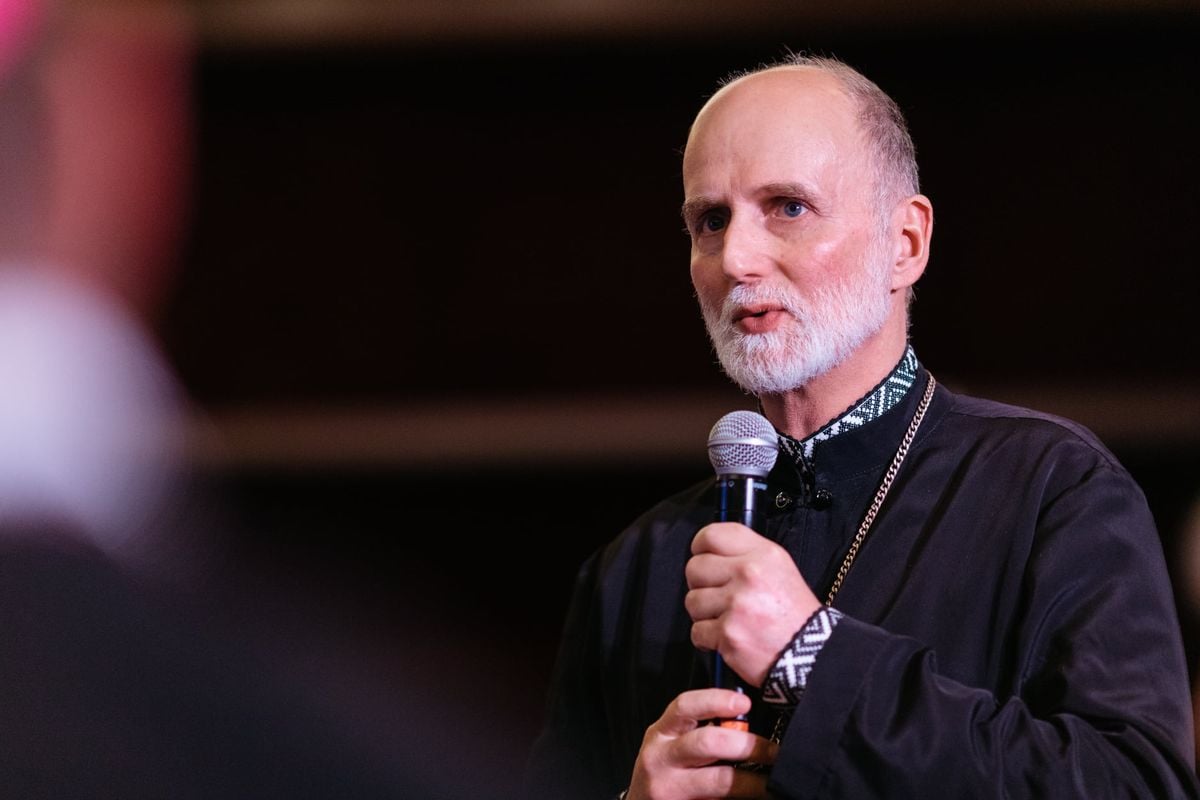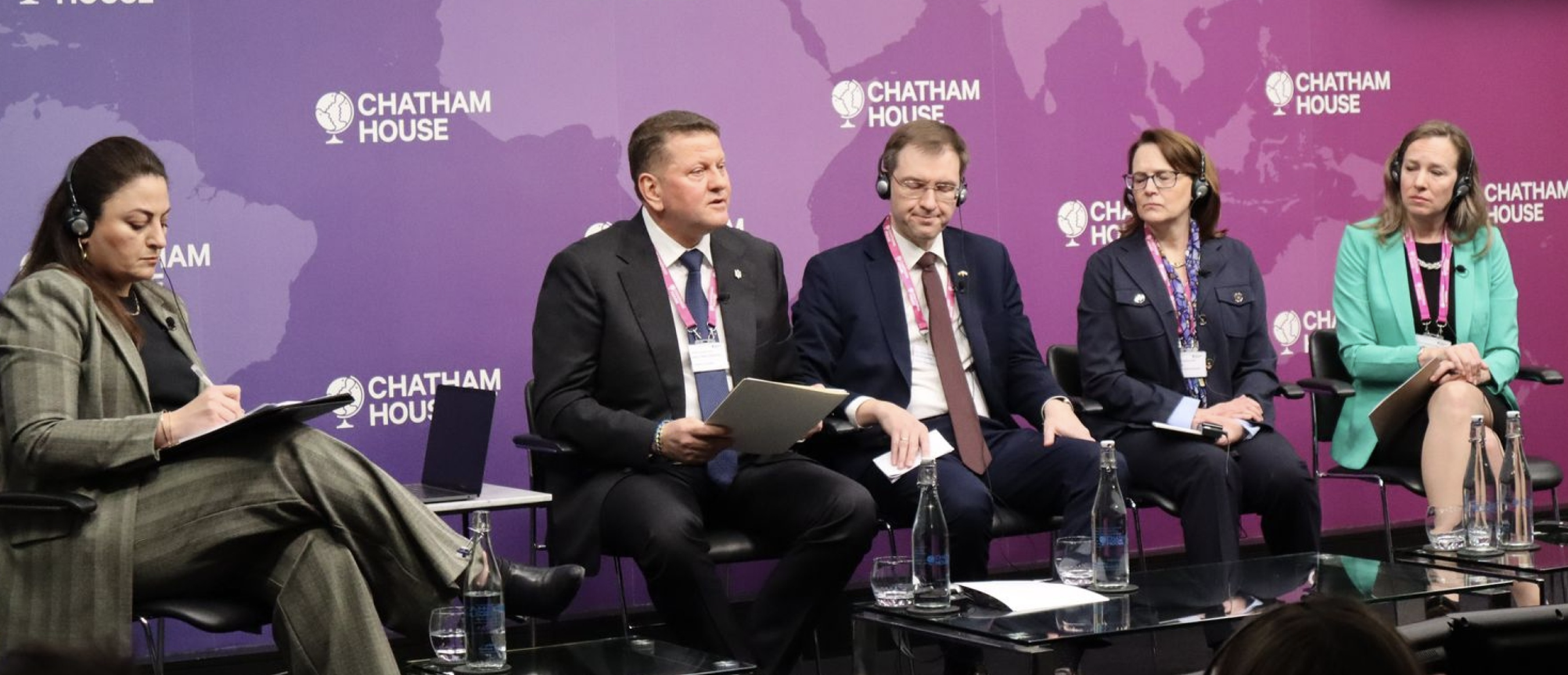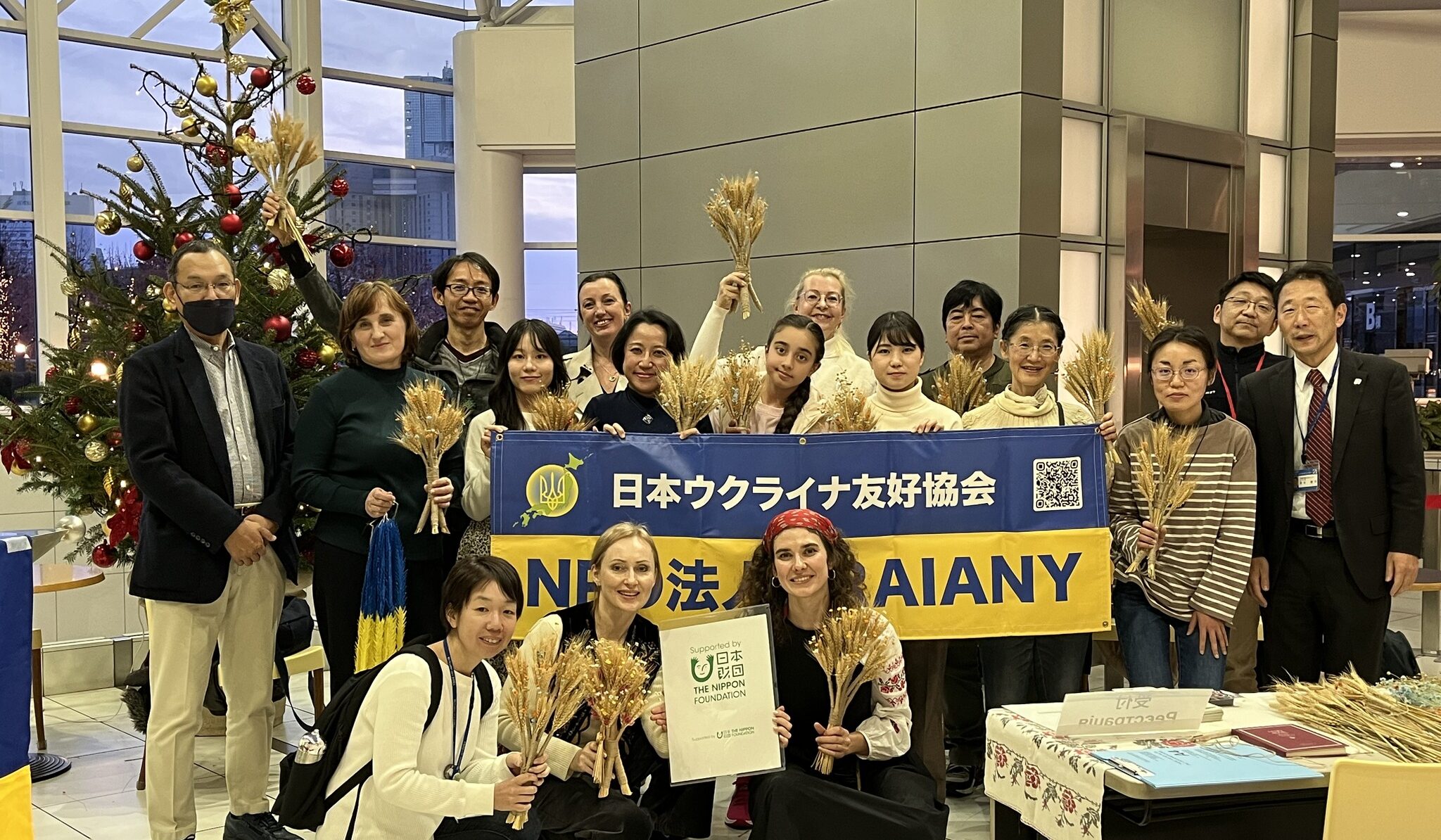
In late December, Ukraine received a significant boost from Japan – $1.7 billion in aid to fund social, medical, and educational programs, as well as for economic recovery. Tokyo also pledged an additional $3 billion, drawn from frozen Russian sovereign assets.
Japan has emerged as one of Ukraine’s top donors since Russia launched its full-scale invasion. In 2024 alone, the Japanese government allocated $4.2 billion in humanitarian aid in the form of budgetary support.
However, due to constitutional restrictions, Japan does not provide military assistance. That policy is slowly shifting. In May 2023, Japan took a groundbreaking step by hosting Ukrainian soldiers for rehabilitation – a move that signaled a softening of its pacifist policies.
This initiative was not the result of diplomatic channels alone. Fewer than 10 determined individuals, working 8,000 kilometers (4,970 miles) away, pressed relentlessly to ensure Tokyo’s approval.
Even before the program officially began, the nonprofit Kraiany Association of Ukraine-Japan Friendship, a 25-year-old organization, in cooperation with a Japanese non-government group, led the way by organizing Japan’s first rehabilitation initiative for Ukrainian soldiers.
The Ukrainian World Congress spoke with Kraiany’s leadership: co-founder and Chair of the Board of Directors Natalya Kovalova, Acting Deputy Chair Igor Yevtushuk and Board Member Sofiya Kataoka.
Their efforts highlight how Japan is raising awareness about Russia’s invasion, fostering what they call a cultural “mini-Ukraine” in Asia, challenging Russian cultural dominance – including the promotion of its ballet performances – and advocating for global recognition of borsch as a symbol of Ukrainian heritage.
The Ukrainian World Congress presents direct quotes from speakers, edited for clarity and brevity without altering their meaning.
A strong Ukrainian world
A Ukrainian café, an art school with a choir and dance troupe, a weekly Ukrainian-language study school, pysanky workshops to paint decorated Ukrainian Easter eggs as well as craft motanky – traditional Ukrainian straw dolls, and meetings with Ukrainian soldiers undergoing rehabilitation – this vibrant mix of activities is taking place in Tokyo.
Thanks to the efforts of Kraiany, Japanese people can experience Ukraine without leaving their country, while Ukrainians find a comforting sense of home.
For Kraiany co-founder Natalya Kovalova, the idea of a strong Ukrainian world is more than a vision – it’s a concrete plan of action. Having lived in Japan for nearly 30 years, she, along with her husband Dmytro, established Kraiany in 2000. Today, it is the oldest and most active Ukrainian community organization in Japan.
The couple’s initial goal was deeply personal: to ensure their children and grandchildren preserved their Ukrainian identity, culture, and values. A quarter-century later, this mission has grown into a thriving community, uniting hundreds of people under Kraiany’s umbrella.
At its core, Kraiany is led by a seven-member board of directors. For specific projects, the team recruits volunteers – both Ukrainians and Japanese. The group also includes participants from the Dzhereltse weekly school and the Dukachi art studio, further expanding its reach.
While Kraiany’s primary activities are centered in Tokyo, its initiatives often extend nationwide. One standout project was called Vyshyvana moia Ukraina (Embroidered Ukraine). It saw Ukrainians and Japanese from across the country engaged in embroidering pieces of a Ukrainian map with traditional regional patterns. The embroidered sections were later assembled into a single map, now showcased at exhibitions throughout the country.
In addition to cultural projects, Kraiany supports those who promote Ukrainian heritage. It organizes workshops, lectures, and charity events, provides published materials, and coordinates activities. In 2023 alone, the group hosted 60 charity events, demonstrating its dedication to raising awareness about Ukraine.
A Ukrainian cafe that opened in Tokyo a year ago is one of Kraiany’s most impactful social enterprise projects. The café provides jobs for newly arrived refugees and also functions as a Ukrainian cultural hub in the heart of Japan. It serves as a meeting place for Ukrainians and provides educational space for Japanese visitors who are curious about Ukraine. Naturally, the café’s menu features the rustic Ukrainian beet-root soup borsch, challenging the common misconception in Japan that borsch is a Russian dish.
In 2021, recognizing the growth of its activities, the community formally registered as a non-profit organization called, NPO Kraiany – Association of Friendship Japan-Ukraine. This step solidified its role as a key player in promoting Ukrainian culture and fostering understanding between Ukrainian and Japanese people.
Pysanky and tourniquets
Before 2014, Kraiany primarily focused on cultural projects by organizing concerts, Ukraine Days in Japan, exhibitions, workshops, and developing a Ukrainian-language school. However, when Russia’s all-out war against Ukraine began, the association shifted its focus to humanitarian aid. It started collecting and sending essential supplies to those affected by the war.
At the same time, Kraiany, along with other Ukrainians, conducted media outreach activities with Japanese media, translating news from Ukraine, explaining the nature of Russian aggression, and countering propaganda. This groundwork proved invaluable in educating the Japanese public when Russia launched its full-scale invasion in 2022. Thanks to the association, many Japanese news outlets already knew which sources to trust and which to avoid.
After Feb. 24, 2022, Kraiany significantly expanded its humanitarian work. The association began raising funds to support Ukrainians, assisting refugees in Japan, and even contributing to the reconstruction of Ukrainian cities. Key initiatives included:
- Rebuilding residential homes: Kraiany helped people, particularly from the liberated Kyiv Oblast, rebuild their homes before the onset of the cold winter season.
- Construction of bomb shelters for schools and kindergartens: In partnership with the Gurtum Charity Foundation, Kraiany joined the Hobbit House project, building whimsical shelters inspired by hobbit homes.
- Providing essential supplies: Kraiany purchased and sent clothing, medicine, power generators, as well as tourniquets, heaters, occlusion stickers, and thermal underwear.
- Gifts for children: The organization sent tickets, souvenirs, and sweets for holidays, such as for Saint Nicholas Day.
- Transport procurement: Kraiany bought evacuation vehicles from Germany and Poland, which volunteers then delivered to Ukraine to aid in civilian evacuations.
- Fundraising: Kraiany raised funds for various projects, including the reconstruction of Ukraine’s largest children’s hospital, Okhmatdyt, after a Russian missile attack. A joint project with the CITIZEN charity foundation (Kharkiv, Ukraine) aimed at raising funds for an injured Ukrainian soldier through the participation of Ukrainian veterans Roman Kashpur and Yurii Kozlovskyi in the 2024 Tokyo Marathon.
- Translations: The organization provided translations of evacuation instructions, haiku poems, books about Ukraine, and fairy tales.
- Summer school and camp for Ukrainian children.
- Supporting the enrollment of Ukrainian students in Japanese educational institutions.
One of the biggest projects was the donation of ambulances from Japan to Ukraine in cooperation with the Japanese organization SunPanSa. These high-speed vehicles, sourced from Japanese fire departments, are fully equipped and in excellent condition.
The core of Kraiany’s humanitarian efforts revolves around logistics: collecting aid in Japan, sending it to Europe, and then passing it on to Ukrainian volunteers.
Rehabilitation of Ukrainian defenders
Kraiany was the first in Japan to organize rehabilitation for Ukrainian soldiers, even before Kyiv and Tokyo officially began diplomatic cooperation along that vein. The association took the lead on this initiative, starting from scratch and gaining valuable experience, which they later passed on for the implementation of similar projects within Japan Self-Defense Forces. For this, they were thanked by the Japanese Embassy in Ukraine.
Initially, given Japan’s sensitivities, Kraiany avoided highlighting the military aspect of the rehabilitation. They, along with their partners, carefully navigated the topic. However, over time, they gradually explained the project’s purpose, and eventually, Japanese society embraced it as aid for soldiers. This shift played a significant role in fostering support for similar initiatives from Japanese governmental organizations.
With Japan’s limited experience in prosthetics and rehabilitation, Japanese partners turned to Kraiany for guidance. The translation process was crucial, as bridging two cultures presented challenges. Soldiers arriving in Japanese hospitals faced adaptation difficulties, but thanks to the efforts of volunteers and culturally tailored translations, the transition was made much smoother.
The project became a success story and is now funded by the Japanese government, including the Defense Ministry, which covers both the cost of prosthetics and the soldiers’ stays in local hospitals.
In 2024, Kraiany assisted the CITIZEN organization in organizing the participation of Ukrainian veterans Roman Kashpur and Yurii Kozlovskyi, both on prosthetics, in the Tokyo Marathon. Thanks to the association’s efforts, the event garnered widespread media attention. For instance, videos of Ukrainian veteran Kozlovskyi completing the race were aired on Tokyo subway trains. The initiative left a strong impression on the Japanese. Many locals who support Ukraine gathered with flags, cheering, “Glory to Ukraine!”
Email etiquette and transparent reporting
After the start of Russia’s full-scale invasion, the Japanese increasingly chose to support Kraiany with their donations. The organization earned trust through years of transparent operations, dependable partnerships, and personal commitment. For instance, during the fundraising campaign for Okhmatdyt, the Kraiany’s head Natalya personally traveled to Kyiv to conduct a specific needs assessment.
The leaders of the association emphasize that this trust has been built over time by paying attention to every detail: from communication styles in Japan to meeting deadlines and personal interactions.
Last year, Kraiany began cooperating with JICA, Japan’s largest humanitarian organization. Currently, JICA is helping Ukraine with mine clearance, energy infrastructure restoration, and supporting Suspilne, Ukraine’s national public broadcasting organization. While Kraiany mainly focuses on local efforts, their experience and cultural expertise have opened new opportunities for dialogue and cooperation.
Pro-Ukrainian events and lectures have played a key role in attracting new partners to the association. Kraiany both attends and organizes these events, which led to connections with organizations like SunPanSa, initially focused on rehabilitation in Mie Prefecture and now helping purchase ambulances.
Similarly, at cafés during lectures, people learned about Kraiany’s work, became interested, and eventually joined new projects.
Explaining tragedy through personal experience
Kraiany’s advocacy goal is to shift Japanese society’s perception of the war in Ukraine. While the Japanese government actively supports Ukraine, there is often a lack of understanding among the general population. Lectures by Igor, Sofiya, and other members of the organization help to clarify the situation and encourage the Japanese to get involved in supporting Ukraine.
Since 2014, the association has built strong media partnerships and learned how to effectively communicate key messages. They now share this knowledge with other Ukrainians, offering guidance on how to focus on the central points of an interview to prevent emotional details from overshadowing the message. The majority of Kraiany communications are conducted via X (formerly Twitter), which has become a key platform for political discourse with the Japanese.
The association emphasizes commonalities between Ukrainians and Japanese in their communications. For example, comparing Ukraine’s occupied territories to Japan’s geography helped convey the scale of the tragedy in a way that resonated with the Japanese public. This approach has been effective both in political and cultural dialogue.
Russian propaganda has frequently exploited sensitive issues in Japan, particularly regarding financial aid for Ukrainian refugees. The Japanese have often responded negatively, as the newly introduced simplified visa and protection system for evacuees was unfamiliar and still evolving. Kraiany has worked to counter these narratives, with the support of Japanese activist groups on X.
Difficulties also arose regarding Russian culture. Many Japanese people still view Russian classical music and ballet as cultural assets rather than instruments of influence, often perceiving bans on performances by artists connected to the Kremlin as excessive. Kraiany, alongside other Ukrainians and organizations, have responded with protests, explaining the importance of such actions.
Another challenge has been the economic dependence of certain Japanese regions on business ties with Russia. While these issues remain difficult, the association believes that their work with the public is gradually shifting perceptions and deepening understanding of the situation.
8,000 kilometers away
Kraiany’s work extends to both long-term Ukrainian residents in Japan and those who have recently arrived following Russia’s full-scale invasion. The association offers a wide range of support to refugees, from organizing community events to providing translations for everyday tasks and practical life situations. These consultations are not only available to those already living in Japan but also to those planning to evacuate there or seeking information about cooperation with Japan.
Kraiany is also committed to doing everything in its power to support Ukraine. In 2025, this focus will become the association’s top priority. Their initiatives will include educational projects, rehabilitation programs, and the creation of safe spaces where Ukrainian children and families can learn, grow, and thrive in an environment that feels familiar and supportive.
The founders and activists of Kraiany aim to create a piece of Ukraine in Japan, ensuring that Ukrainians maintain their connection to home and, if they wish, can easily return. One of the organization’s key goals is to provide Ukrainians with safety and peace of mind in their new country.
The motivation driving the association’s work is deeply rooted in a desire to preserve Ukraine. Igor Yevtushuk, for example, draws inspiration from his memories of the pro-democratic Revolution of Dignity, when Ukrainians united to defend their homeland. Kraiany’s members believe that a future for Ukraine, where people stand up for it – even 8,000 kilometers away – is not only possible, but achievable.
Photo: Kraiany on Facebook
